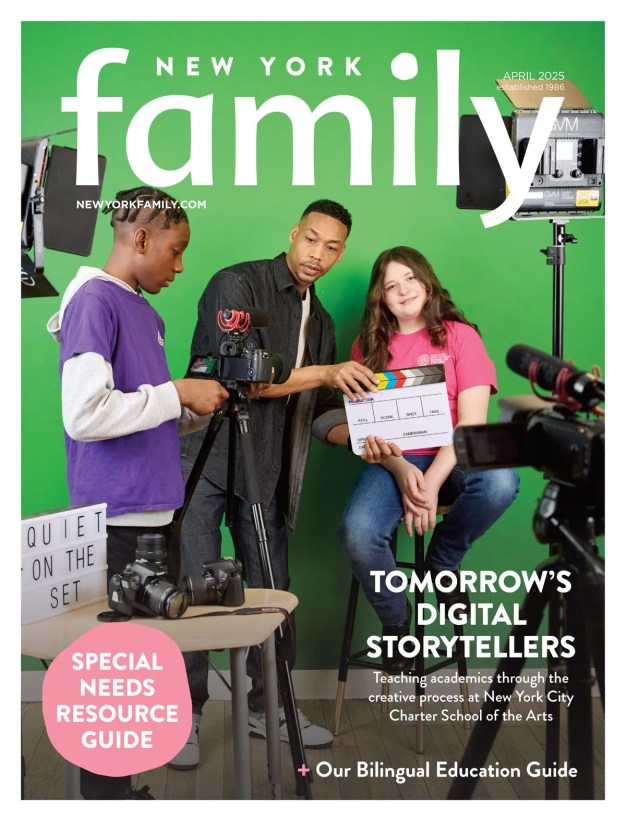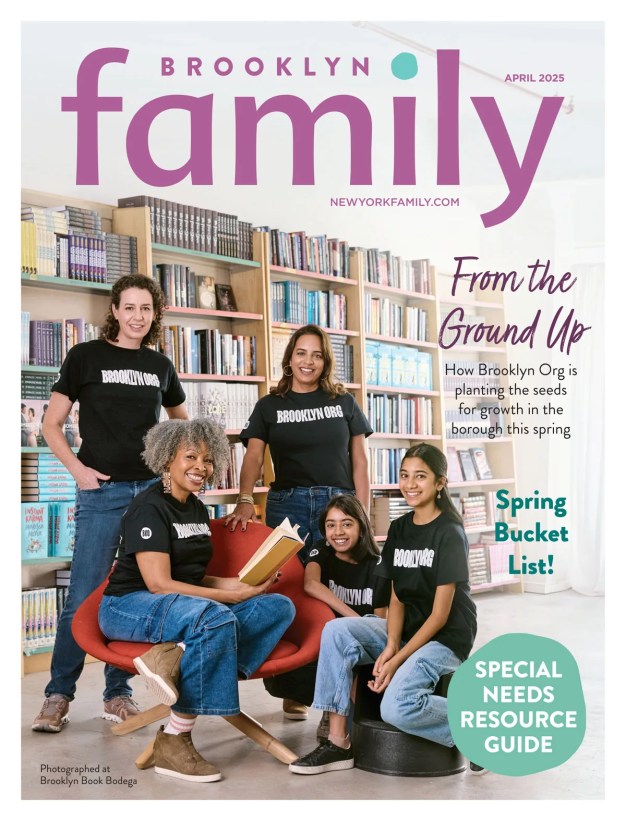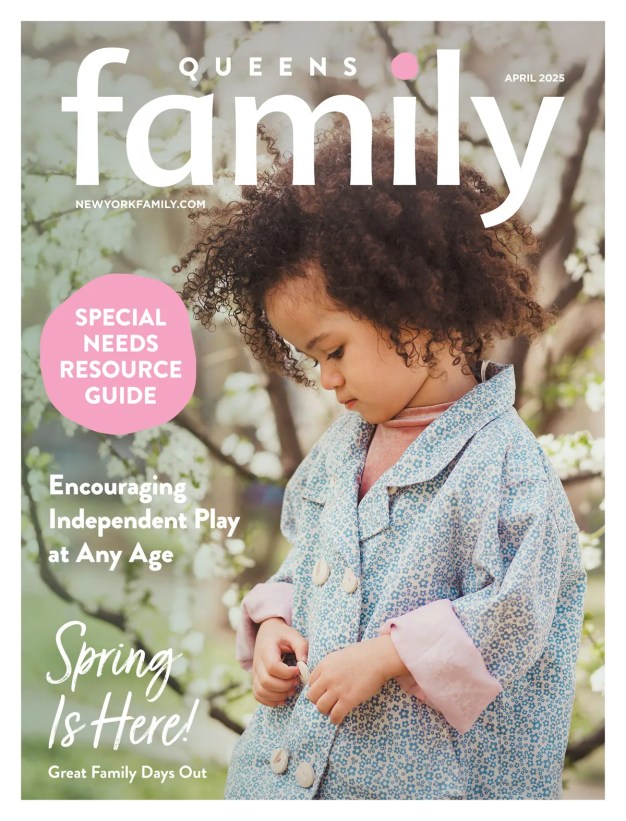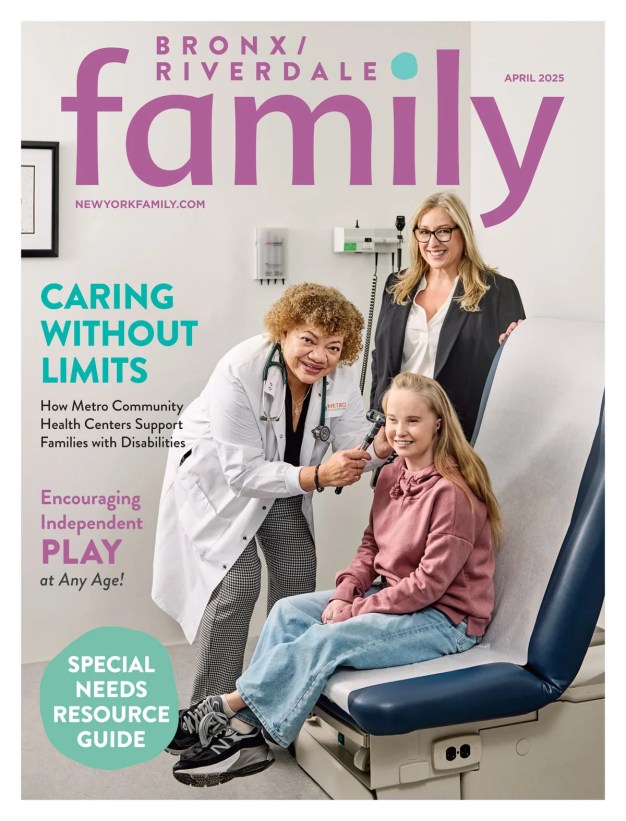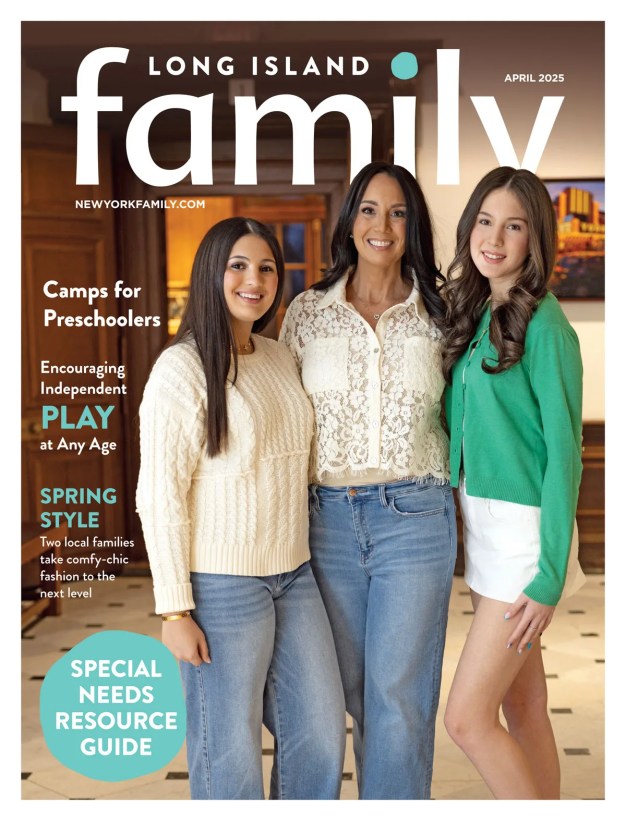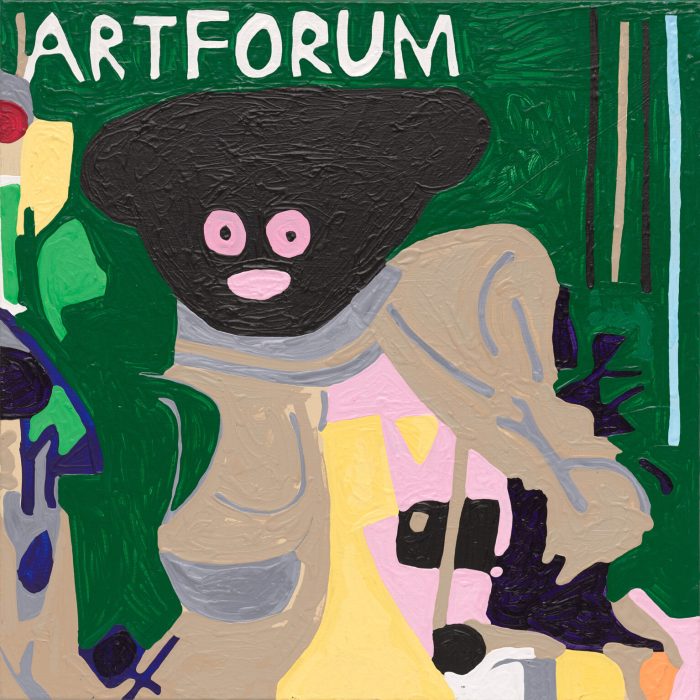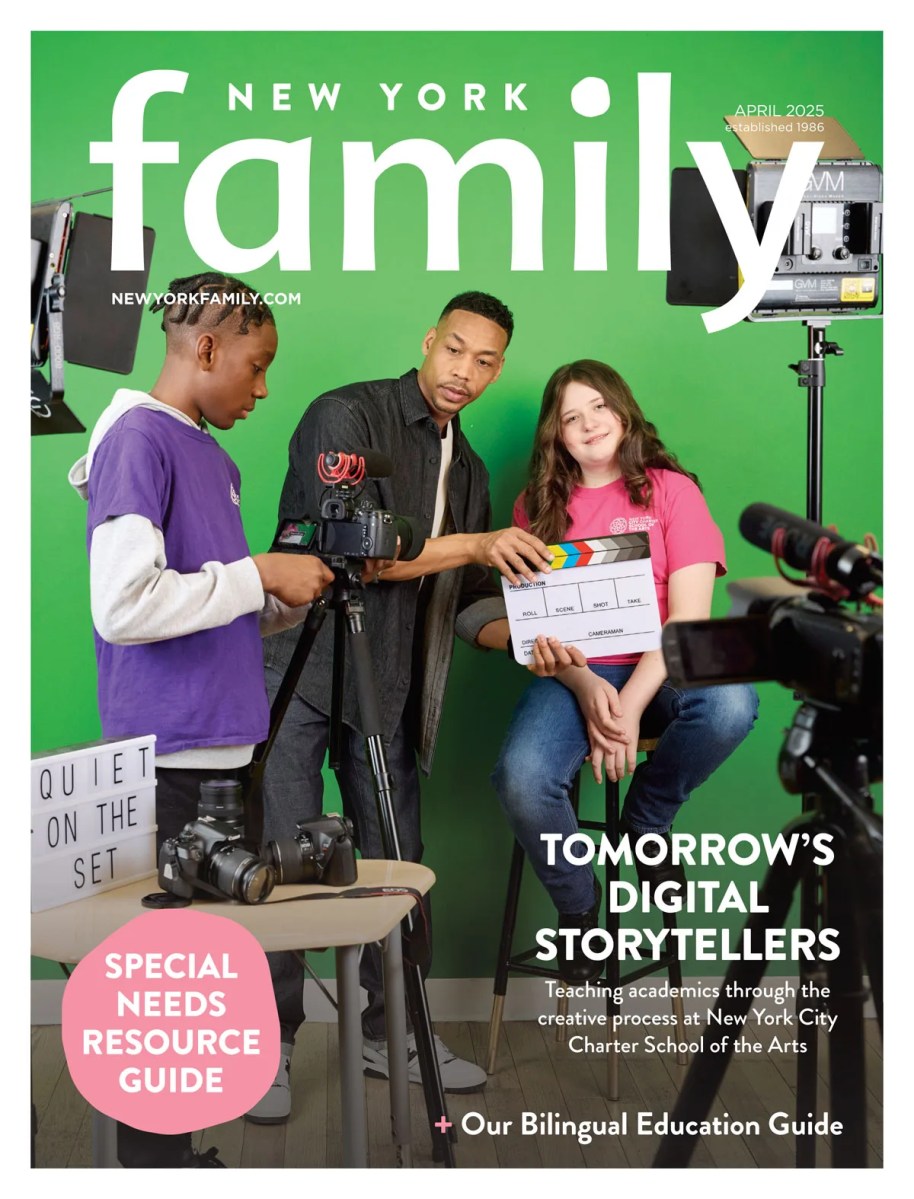Foster care changes lives in the nicest of ways—just ask Anne LiPuma of Wantagh, NY. She still vividly remembers the day she received an e-mail from Berkshire Farms Center & Services for Youth, asking if she’d be interested in becoming a foster parent to a 3-year-old boy. Anne, who had fostered a few other children previously, decided she had room in her life and her heart to take another child under her wing. Soon, she was introduced to Dustin.
Her heart melted at first sight of her new foster child. “He had very blonde hair and hazel eyes—he was such a beautiful boy,” Anne recalls fondly. Yet Dustin wasn’t without challenges. “He knew words, but his words weren’t clear,” Anne explains. “He had been diagnosed with nonverbal autism, which wasn’t the case, but they didn’t really know.”
The preschooler had already been in two other foster homes before hers; though he’d been treated lovingly, his previous families had other children to care for and didn’t feel they could give Dustin all the attention he deserved. Enter Anne: “My kids [Vivian, 21, and Jo, 19] were older and I was retired,” she says, adding that she worked for the Long Island Railroad for more than 30 years. As Dustin’s foster parent she would be able to give him lots of time and attention.
Dustin would need plenty of both. Developmentally delayed and frustrated, he had frequent temper tantrums at first. “But I received tremendous support from my older children and friends, and also from Berkshire Farms,” Anne says. “Dustin was still having visits with his [biological] mom, and they would help with those visits. They also helped me through frequent phone conversations and support. They’d remind me to hang in there, and that things would get better.”
Hearing the magic word: “Mom”
Aided by special schooling, speech services, occupational therapy, and other therapeutic efforts, Dustin’s verbal abilities and behavior steadily improved. “Within a year, he began speaking more clearly,” Anne says. And even before that, she adds, he showed signs of affection and attachment. “Everyone was pretty happy about that,” Anne shares.
At first, Dustin called Anne by her name. But gradually, there was a shift. “If he was shouting out for me, then he would start calling me ‘Mom,’ ” she remembers. “And then it became a regular thing.” He also bonded with Jo, who still lives at home—“he just adores him!” says Anne. “Jo plays the brother/father role because of his age and his level of maturity. He’s a very good influence on Dustim.”
Becoming a forever family
When Dustin became available for adoption, Anne knew she wanted him to be a permanent part of the family. On National Adoption Day in October 2016, they made it official in court. Soon after, “we went to a formal ceremony that Nassau County has every year at a children’s museum. If you’re adopting, you’re invited,” Ann says. “Afterward, I asked Dustin, ‘Do you know what just happened?’ and he said ‘Yes, we adopted each other!’ ”
These days Dustin, who’s now nearly 8, “is pretty much a run-of-the-mill, going-into-third-grade boy,” says Anne. “He is happy and expressive. He went from special education to being in an inclusion class.” It’s been a rewarding journey for Anne, too. “He has given me so much more than I can ever give him,” she reflects. “He has expanded my world so much, with so much love.”
Speaking Out Against Foster Care Myths
Anne, who sometimes speaks at recruiting sessions for new foster parents, wishes more people would understand the profound joy fostering a child brings. And she wishes they would disregard the harmful myths surrounding fostering and foster care children. “One thing I often hear people saying is, ‘You never know what you’re going to get,’” Anne says. “Well, when you have a biological child you never know what you’re going to get either. People have this idea that they’re going to give birth to a perfect child and it’s usually not the case. In foster care no one is perfect either, but kids deserve a chance.”
She has a similar response to parents who fear they won’t be able to bond with a foster child–“When you give birth you have to bond too. Really, it’s unending whether you give birth to a child or foster a child. You’re watching this child grow, change, and develop.”
Anne also shrugs off the notion that “foster kids are out of control, that you’re going to get hurt by these children, that they’re violent,” she says. “A lot of it’s not true. We have so many preconceived notions.” And to those people who say they only want their ‘own’ children, Anne has a counter-argument: “We’re all related on some level,” she points out. “I have a lot of love in my heart, and I can love a child who came from another person.”
Can you?
Photo caption: Anne LiPuma with Dustin
